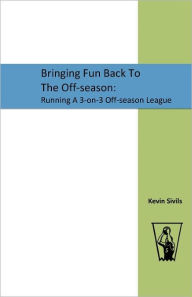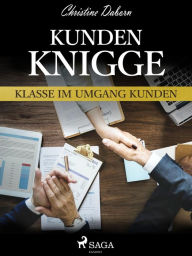
- Browse Category
Subjects
 We Begin at the EndLearn More
We Begin at the EndLearn More - Choice Picks
- Top 100 Free Books
- Blog
- Recently Added
- Submit your eBook
password reset instructions

On March 31, 1929, seventy-seven men began an epic 3,554-mile footrace across America that pushed their bodies to the breaking point. Nicknamed the "Bunion Derby" by the press, this was the second and last of two trans-America footraces held in the late 1920s. The men averaged forty-six gut-busting miles a day during seventy-eight days of nonstop racing that took them from New York City to Los Angeles. Among this group, two brilliant runners, Johnny Salo of Passaic, New Jersey, and Pete Gavuzzi of England, emerged to battle for the $25,000 first prize along the mostly unpaved roads of 1929 America, with each man pushing the other to go faster as the lead switched back and forth between them. To pay the prize money, race director Charley Pyle cobbled together a traveling vaudeville company, complete with dancing debutantes, an all-girl band wearing pilot outfits, and blackface comedians, all housed under the massive show tent that Pyle hoped would pack in audiences. Kastner’s engrossing account, often told from the perspective of the participants, evokes the remarkable physical challenge the runners experienced and clearly bolsters the argument that the last Bunion Derby was the greatest long-distance footrace of all time.
Less- Publication date
- Language
- ISBN
- September 15, 2016
- English
- 9ba3ef0e-51fc-4831-9368-11c08e1c2ab7





























